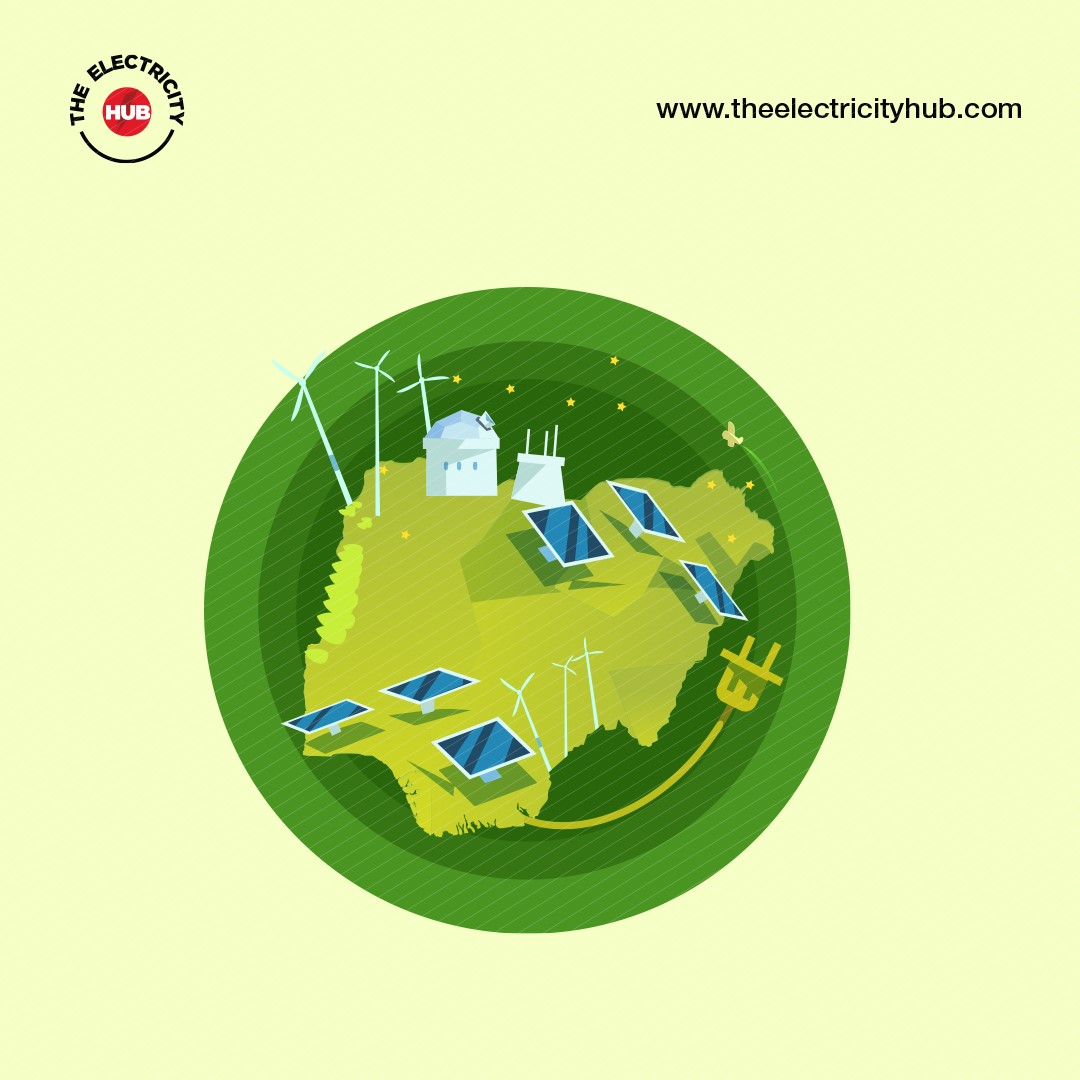
With the increase in global awareness of climate change and the need for sustainable energy solutions, Nigeria has been exploring the possibilities of energy efficiency.
Energy efficiency is the concept of using less energy to perform the same task, without compromising the quality of the output. It involves using technology, processes, and practices that reduce the amount of energy needed to produce a certain output. Energy efficiency has many benefits, including reducing energy bills, lowering greenhouse gas emissions, improving air quality, and promoting sustainable economic growth. In Nigeria, energy efficiency has become an important focus area in recent years, as the country seeks to reduce its dependence on fossil fuels and promote sustainable energy solutions. The government has developed policies and programs to encourage energy efficiency, such as the National Energy Efficiency Action Plan (NEEAP) and the Nigerian Energy Support Programme (NESP).
One of the main areas of focus for energy efficiency in Nigeria is the building sector, which accounts for a significant portion of the country’s energy consumption. The government has introduced building codes that promote the use of energy-efficient building materials and designs, as well as the use of renewable energy sources such as solar power.
Another area of focus is the transportation sector, which is responsible for a significant portion of the country’s greenhouse gas emissions. The government has introduced policies and programs to promote the use of energy-efficient vehicles and public transportation systems, as well as the development of alternative fuels such as biofuels and hydrogen. In addition, the government has launched initiatives to promote energy efficiency in industries such as manufacturing and agriculture, which are also significant energy consumers in the country. These initiatives include the use of energy-efficient machinery and equipment, as well as the adoption of sustainable farming practices that reduce energy consumption.
In a study by Adewale and Akinbami (2020), it was found that the implementation of the National Energy Efficiency Action Plan (NEEAP) could lead to a reduction in Nigeria’s energy consumption by 20% by 2030. This highlights the potential for energy efficiency to contribute to the country’s sustainable development goals. Despite these efforts, Nigeria still faces significant challenges in promoting energy efficiency. One of the main challenges is the lack of awareness and understanding of energy efficiency among the general public, as well as among policymakers and industry leaders. There is also a lack of funding and technical expertise for energy efficiency projects, as well as inadequate infrastructure to support renewable energy solutions.
To overcome these challenges, Nigeria must continue to prioritize energy efficiency as a key component of its sustainable development agenda. This includes increasing public awareness of the benefits of energy efficiency, providing incentives and funding for energy efficiency projects, and investing in the infrastructure needed to support sustainable energy solutions.
In conclusion, energy efficiency is an important component of Nigeria’s sustainable development agenda, and the country must continue to prioritize it to reduce its dependence on fossil fuels and promote sustainable energy solutions. Through government policies and programs, as well as public awareness and private sector investment, Nigeria can make significant progress towards a more energy-efficient and sustainable future.
Policy recommendations to promote energy efficiency in Nigeria include increasing public awareness and education on the benefits of energy efficiency, providing incentives and funding for energy efficiency projects, developing regulations and standards to promote energy efficiency in buildings, transportation, and industry, and investing in the infrastructure needed to support renewable energy solutions. Furthermore, partnerships between the government and private sector could also help to promote energy efficiency. For example, companies could be encouraged to invest in energy-efficient technologies and processes by providing tax incentives or other forms of financial support. This could help to create a market for energy-efficient products and services, which would in turn stimulate further investment in the sector.
In conclusion, the implementation of policies and programs that promote energy efficiency is crucial for Nigeria’s sustainable development. By prioritizing energy efficiency, the country can reduce its dependence on fossil fuels, lower greenhouse gas emissions, and promote economic growth while contributing to global efforts to address climate change.